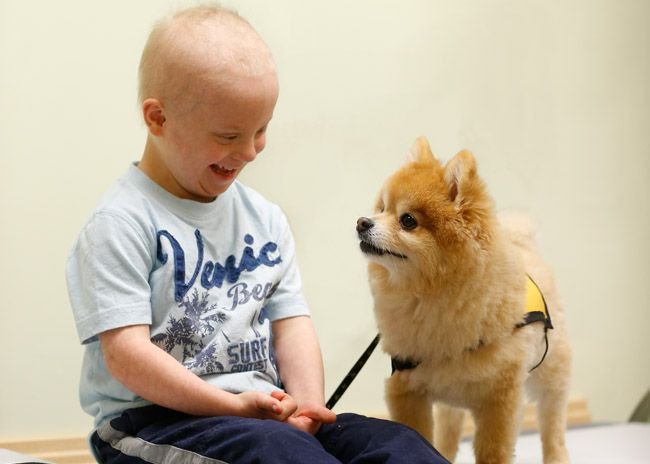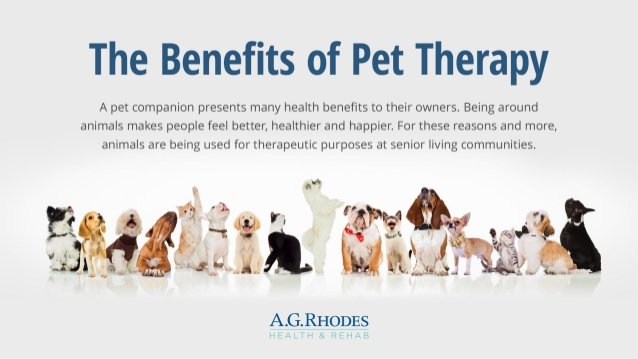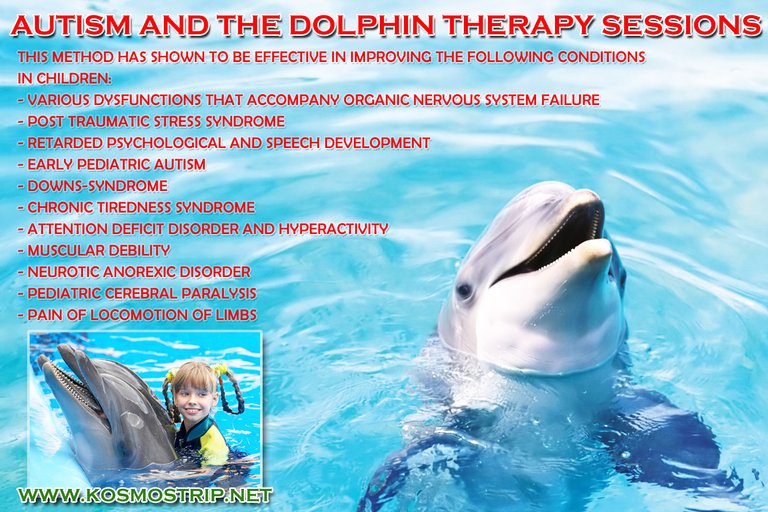The domestication of animals and birds probably originated in prehistoric times. By the time the Egyptians exalted the cat to the status of a god in about 3000 BC, household pets were common. In the late 1800’s, the first seeing-eye dogs for the blind were trained, utilizing the deep bond that develops between a sightless owner and an animal and inspiring the concept of pet therapy. In recent years, new therapeutic uses have been found for pets. This process began with an investigation of the contribution of pets to mental health. Since then, the benefits were amazing!

Most people have the need to have a friend, a buddy, a companion – an extra breath at home who can accompany you in lonely times.
Many situations are appropriate. Pet therapists have taken animals into nursing homes to be hugged and stroked by lonely residents who are usually unresponsive to those around them. Mentally disturbed, handicapped and autistic children have received therapeutic benefits from touching and caring for a variety of animals, including horses and dolphins as well as household pets. Residential treatment programmes for such children often involve some animal care.
Prison rehabilitation programmes sometimes include one-to-one involvement with an animal, while paediatricians have found that when there’s a cat or dog in their office, children find a visit less threatening and are easier to examine. Dentists have noted that the presence of an aquarium in the waiting room eases the tension of anxious patients. Teachers often use animals to foster a sense of responsibility among young children at pre-primary schools.

Every pet owner understands the rewards of having an animal that gives unconditional affection – except maybe in cases where your beloved pup rips the laundry from the washing line (something I can relate to). But no one has yet explained why the companionship of a pet reduces heart rate and lowers blood pressure, or why elderly people who own pets make fewer visits to their doctor than those who don’t. Some observers have noted that people who love their pets generally take better care of their own health because the animals depend upon them.
Pet therapy takes many forms. Physically abused children, given the care of farm animals, may learn to express love for them which they themselves have not received. For a housebound older person, the playful antics of a kitten or the purr of a contented cat might be a comforting distraction from pain. Dog owners can enjoy the health benefits of a daily walk and social interaction with other dog owners.
Imagine this...

Interaction with dolphins is a form of therapy which is popular, though few can afford to make use of it. Dolphins are employed in some special education programmes as well.
But with all the good things comes PRECAUTIONS too:
- Don't give anyone an animal without first making sure that it will be welcome and that the person will be able to care for it.
- If you're embarking on pet ownership for the first time, be sure to choose an animal that is compatible with your lifestyle. If you must work long hours, for example, you may have trouble caring for and training a dog.
- If you or a member of your household suffer from allergies, avoid getting an animal that has fur or feathers. In such cases, rather consider tropical fish or hypoallergenic breeds.
Resources:
Pet therapy / Animal-assisted therapy
see they are dating, if the loyalty of a cat to the owner is equal to that of a dog, indeed the people are competing to keep it
I'm not a cat person myself, but I know that cats can be great companions too.
Thank you my friend,, 😀😀
Hi @bdmomuae I just love your post , animals are amazing creatures, we as humans just don't know enough to know how important they are to our well being. They communicate in a way we just don't understand. thankyou for sharing this so important and awesome post , the picture says it all.